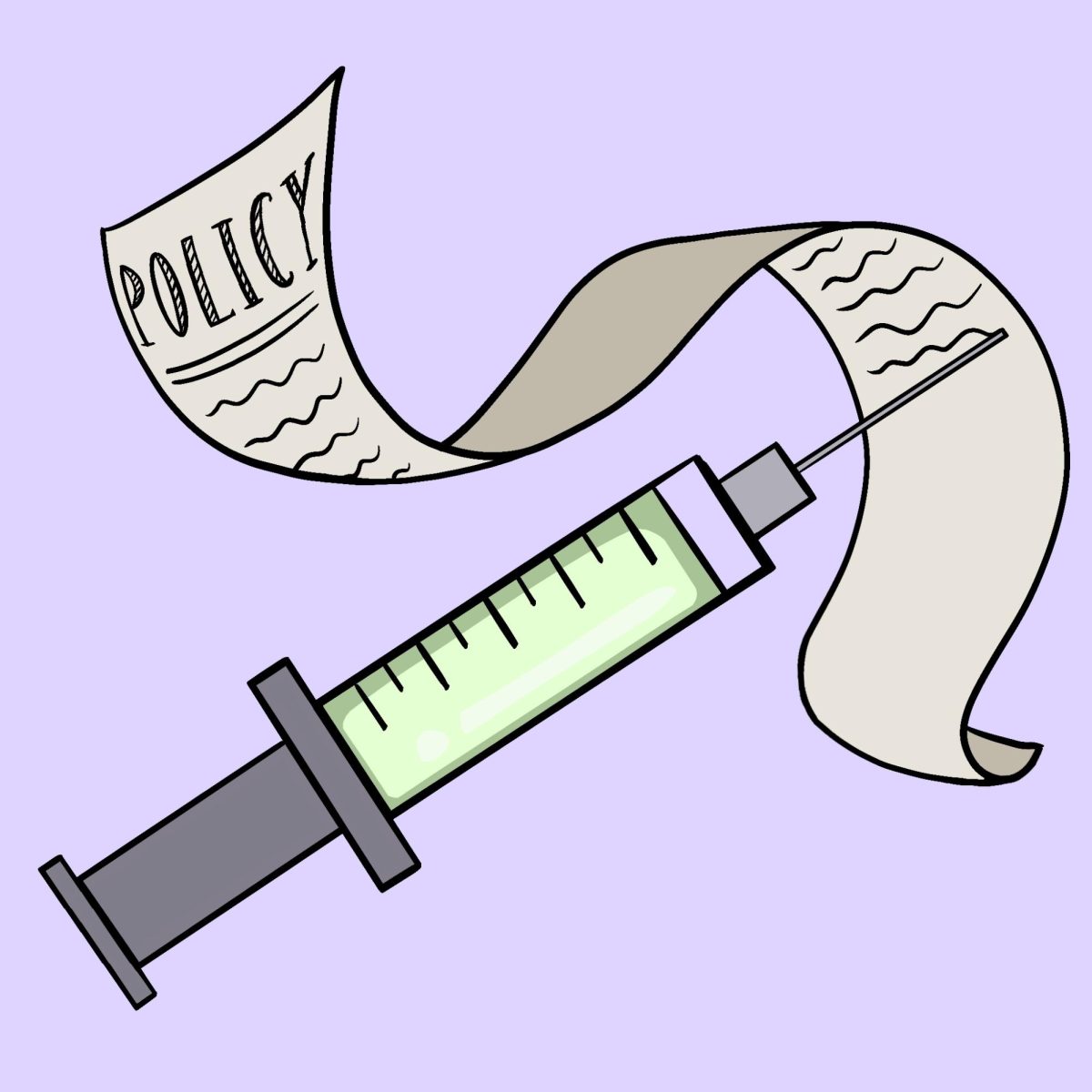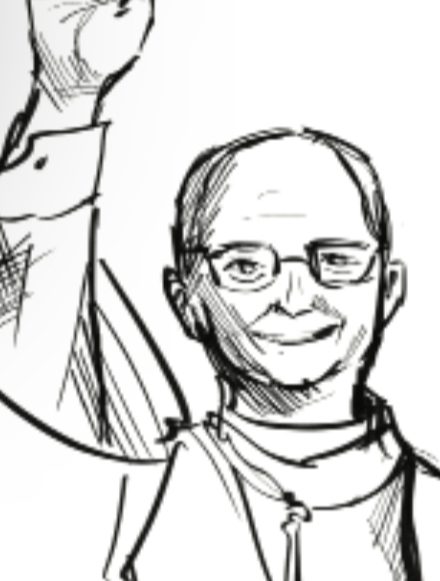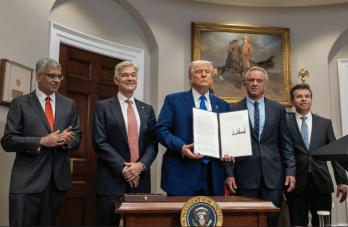On February 8th, 2024, after making former Fox News host Tucker Carlson wait for hours, Russian President Vladmir Putin arrived, signaling the beginning of what would be a highly anticipated and widely televised interview. The delay, whether intentional or not, only added to the mounting tension surrounding the conversation between the Russian president and one of America’s most prominent conservative voices.
As the interview commenced, Putin’s demeanor remained typically composed, his responses measured and deliberate. Among the key points discussed was Russia’s stance on the ongoing conflict in Ukraine where Putin reiterated Moscow’s position, asserting that Russia’s actions were in response to alleged NATO encroachment on its borders.
In the interview, Putin also claimed there was no such thing as a Ukrainian nation. He said Ukrainians were really Russians rebranded by different political players in an effort to undermine Russia’s authority over its borders. According to the Institute for the Study of War, with this singular statement, Putin “rewrote centuries of history.”
Putin’s assertion about the non-existence of a distinct Ukrainian nation stirred immediate controversy and condemnation from Ukrainian officials and historians alike. By denying the actuality of a Ukrainian identity separate from a Russian one, Putin not only dismissed the rich cultural heritage and centuries of historical development of Ukraine, but also appeared to disregard Ukraine’s sovereignty and right to self-determination. The claim also hinted to the broader geopolitical narrative propagated by Putin’s government, which seeks to assert Russia’s dominance over its neighboring countries and maintain its sphere of influence in the region. By framing Ukrainians as essentially Russian, Putin aimed to delegitimize Ukraine’s aspirations for independence and closer integration with Western institutions such as the European Union and NATO.
Regarding allegations of Russian interference in foreign elections, including those in the United States, Putin remained defiant, dismissing them as baseless accusations aimed at defacing Russia’s global standing. He pointedly questioned the evidence presented by Western governments, challenging the credibility of their claims.
When pressed on issues of human rights and political freedoms within Russia, Putin deflected criticism, emphasizing the importance of stability and national security. He highlighted Russia’s efforts to combat terrorism and maintain order, framing his government’s actions as necessary measures in the face of external threats. The interview also touched upon Putin’s views on the state of relations between Russia and the United States. Despite tensions between the two superpowers, Putin expressed a desire for constructive dialogue and cooperation on mutual interests, such as arms control and counterterrorism.
As the conversation concluded, it became clear that this interview with Tucker Carlson was merely a chapter in a larger narrative that Russia is slowly constructing, which is just in time for Putin’s basically confirmed reelection.
This article also appears in our March 2024 print edition.













